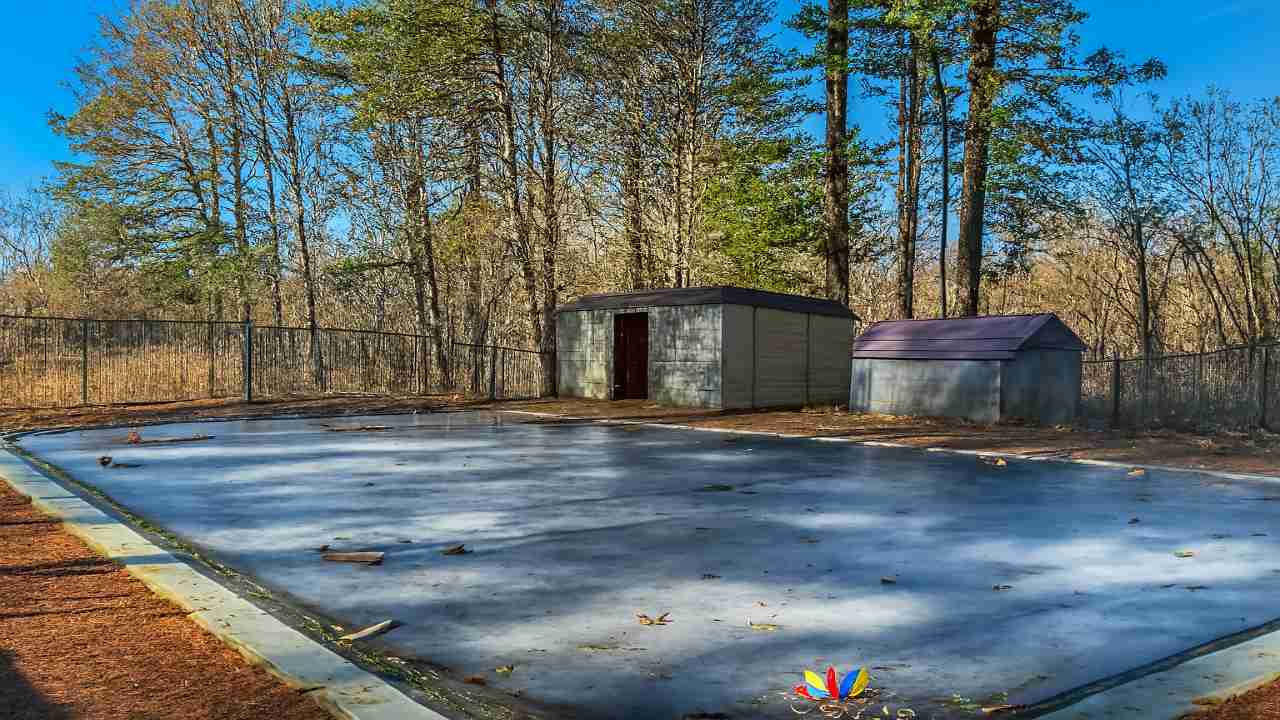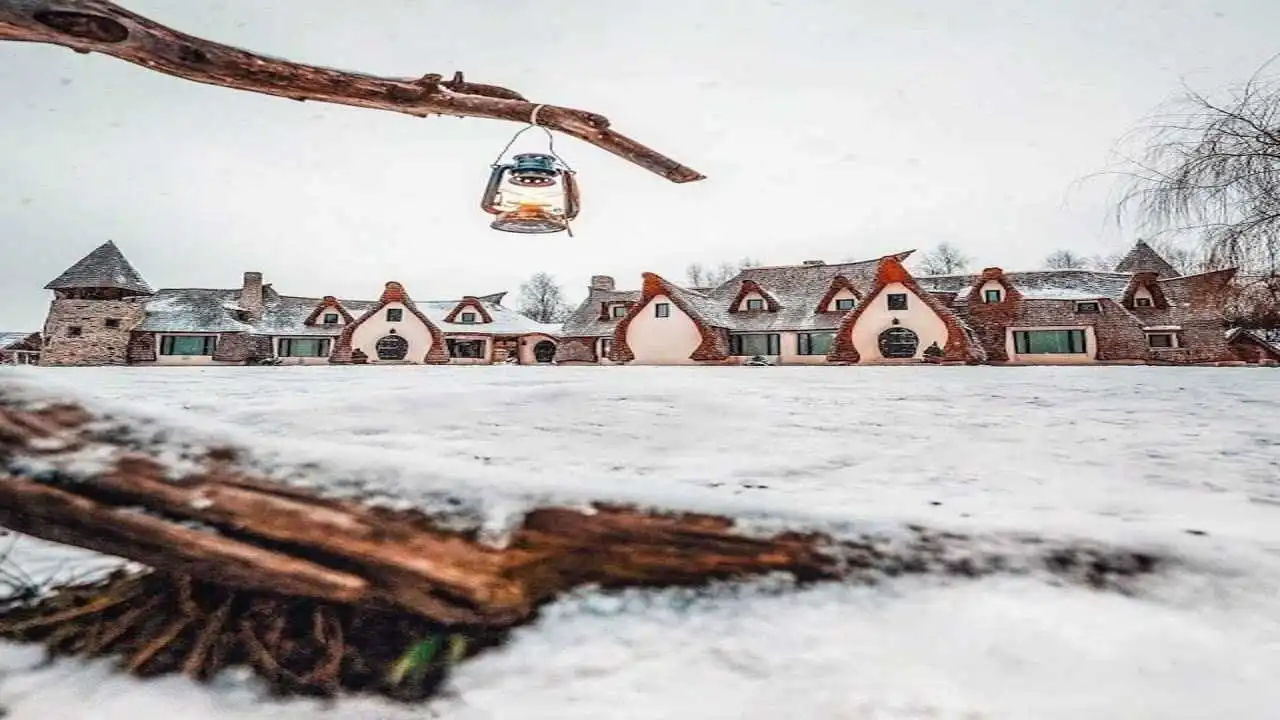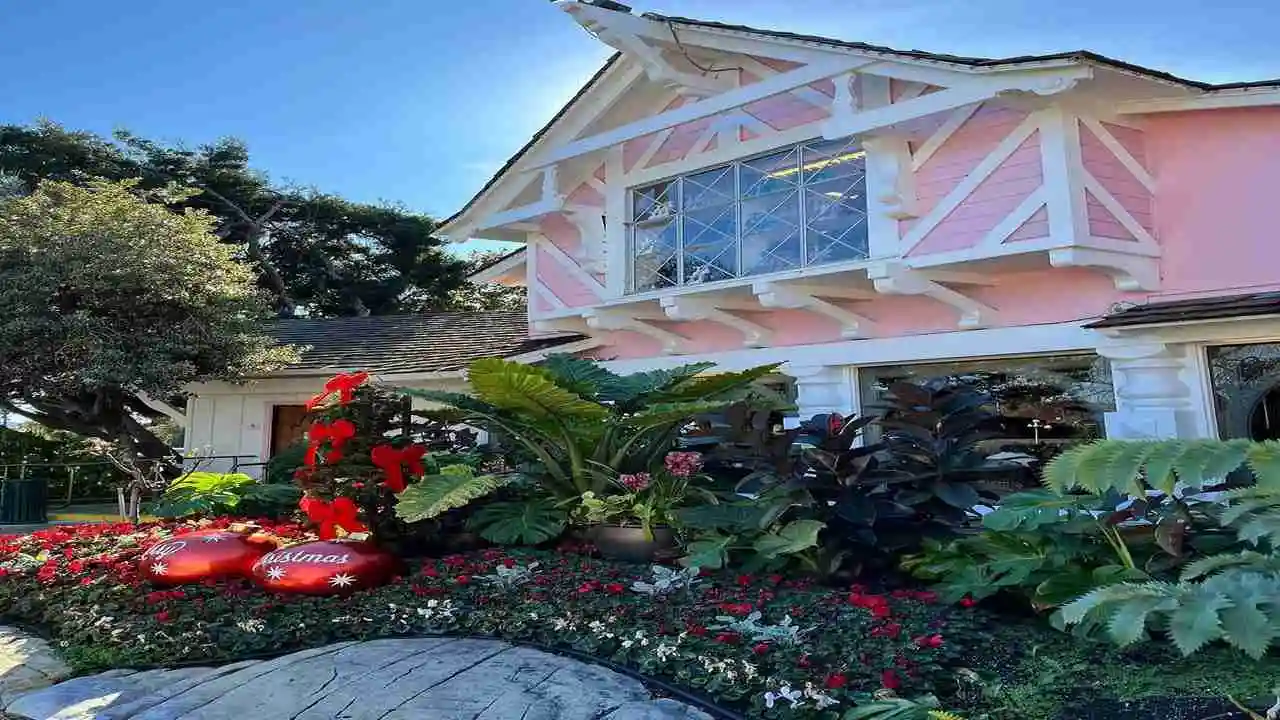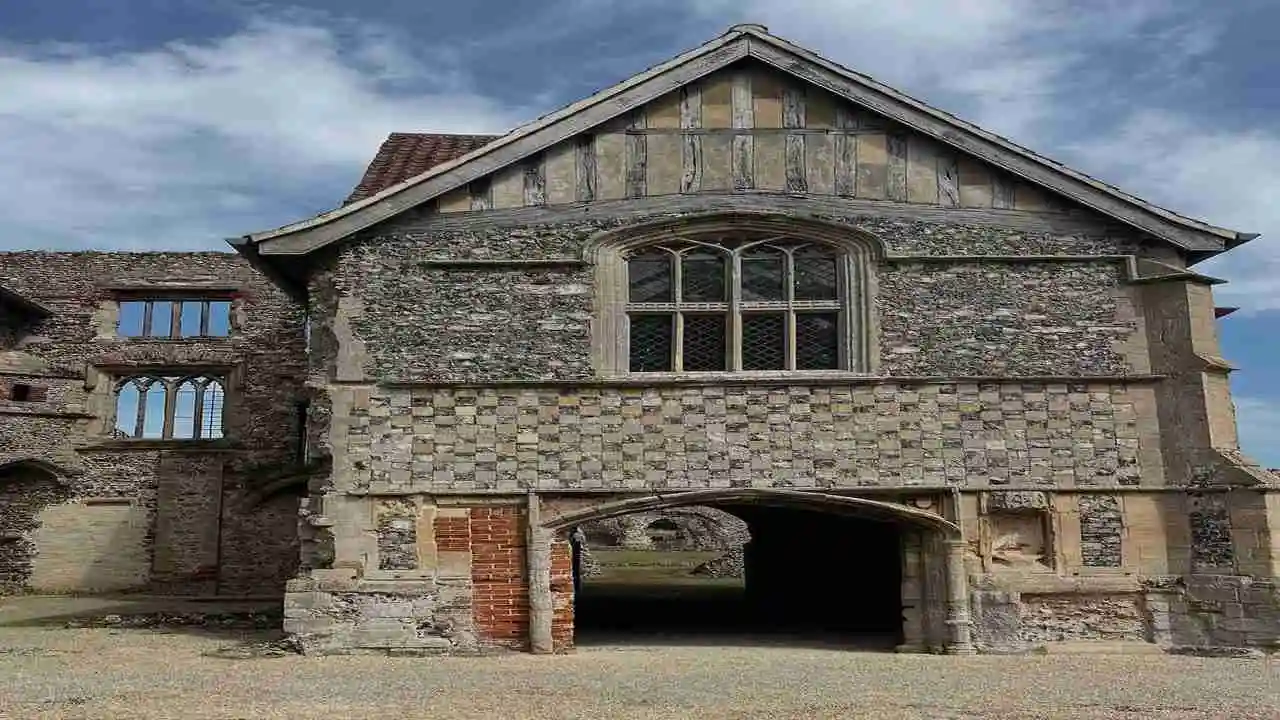Summer camps have been a staple of American childhood for generations. They provide a unique space for young people to forge lasting friendships, connect with nature, and grow through new experiences. However, not all summer camps remain open for decades. Some are abandoned, left to decay, and even demolished, with only memories and photographs to tell their stories. One such example is the abandoned and demolished Boys Summer Camp, a once-thriving retreat that has faded from history. In this article, we will take a closer look at the forgotten Boys Summer Camp—its rise, fall, and the remnants of its legacy.
The Rise of Boys Summer Camps: An American Tradition
What Were Boys Summer Camps?
Boys Summer Camps have long been part of the American tradition. Starting in the late 19th and early 20th centuries, these camps were designed to help young boys develop physical skills, build character, and learn independence away from the watchful eyes of their families. Often located in rural or forested areas, these camps offered a safe haven for boys to explore the outdoors, participate in sports, and engage in activities like canoeing, hiking, and campfire storytelling.
These camps were integral in shaping generations of boys who grew up with a strong sense of camaraderie, resilience, and teamwork. They were places of freedom, adventure, and fun, where young boys could create lifelong memories. But just like any institution, even summer camps can face challenges that lead to their eventual demise.
The Appeal of Summer Camp
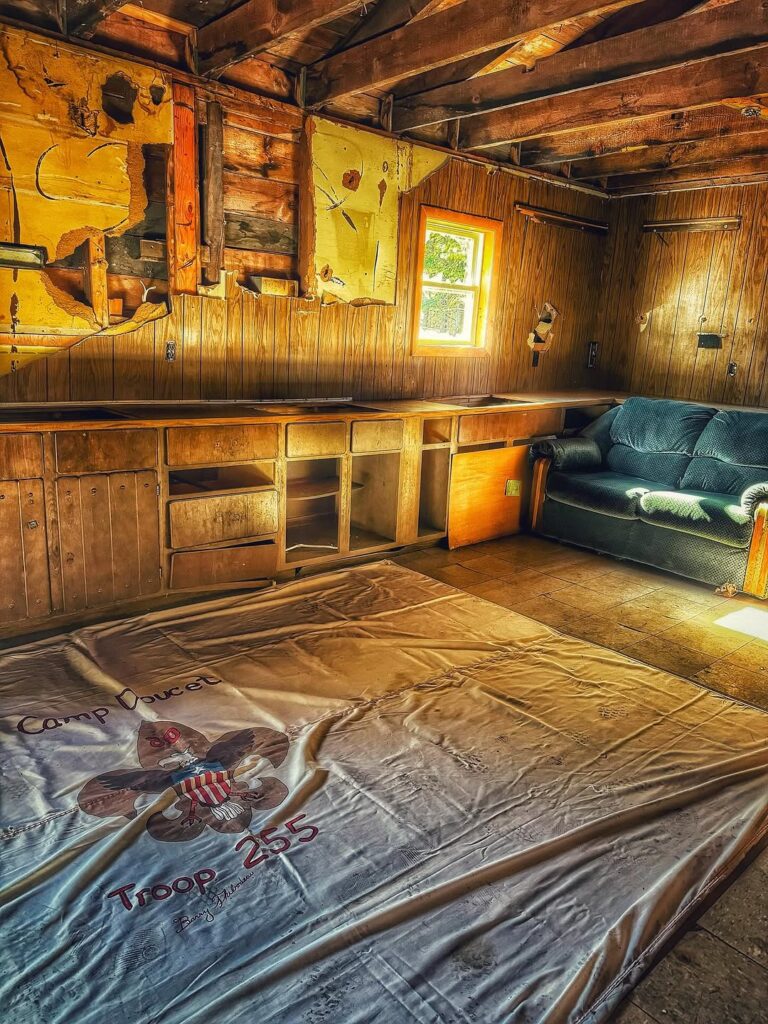
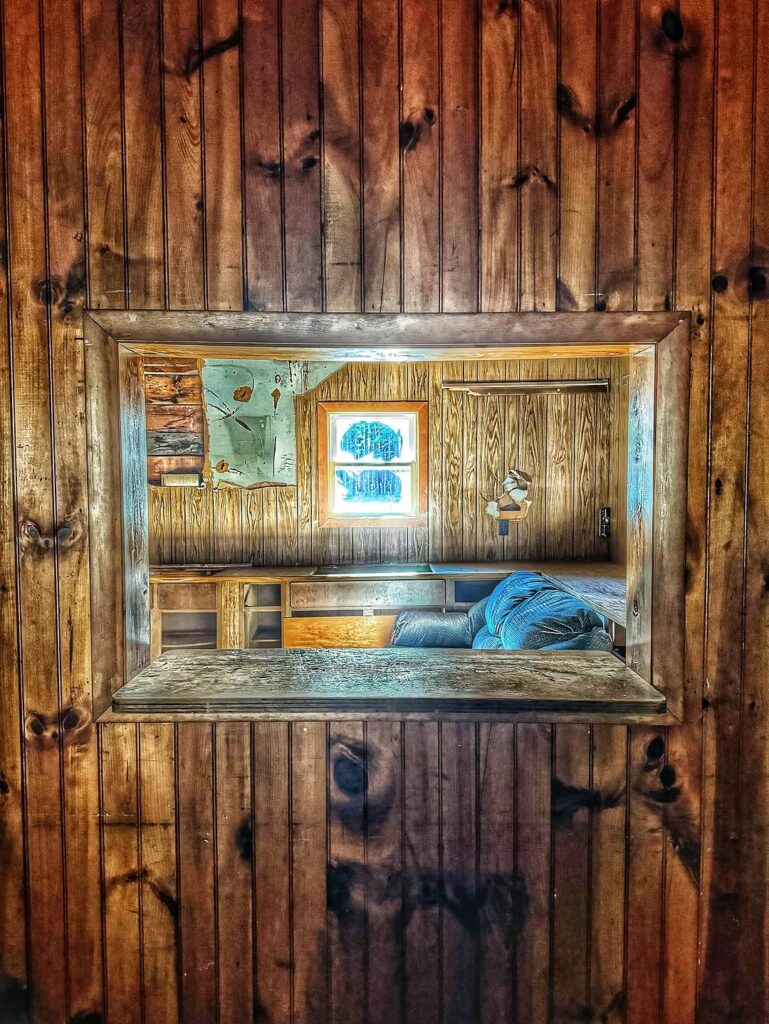
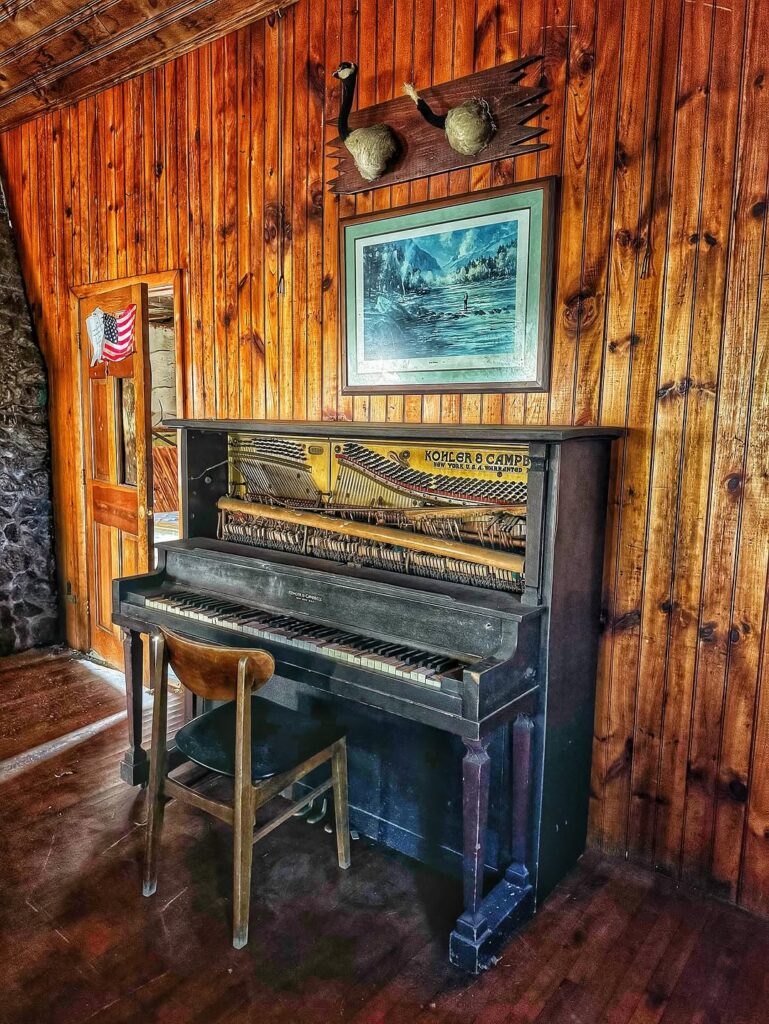
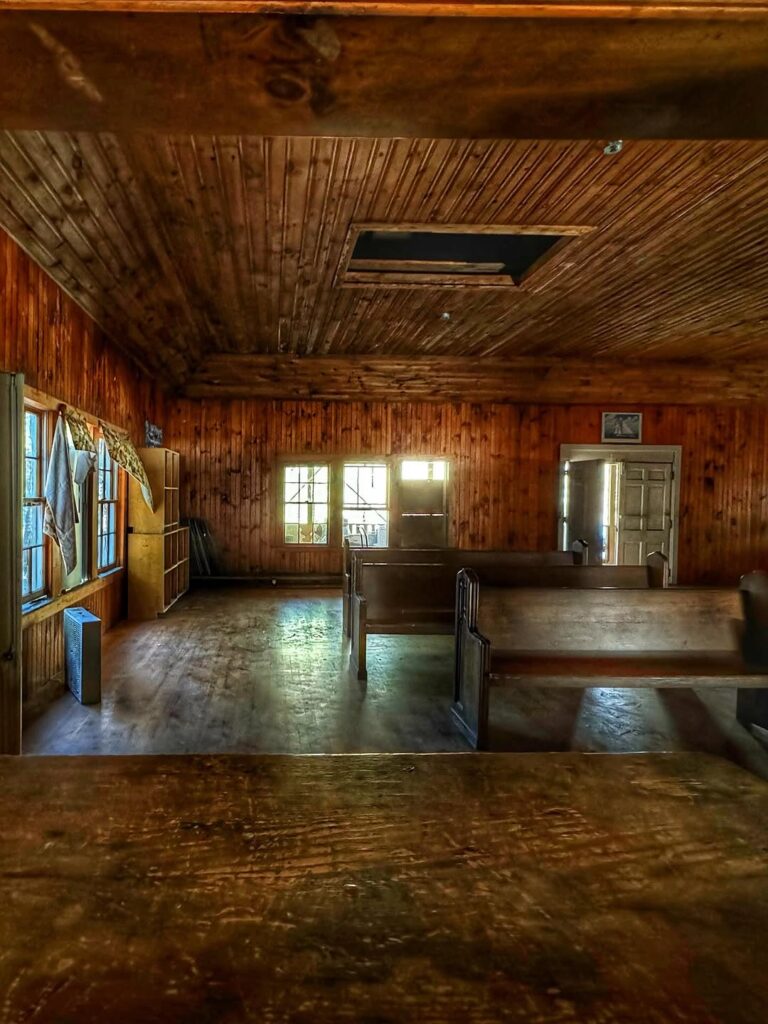
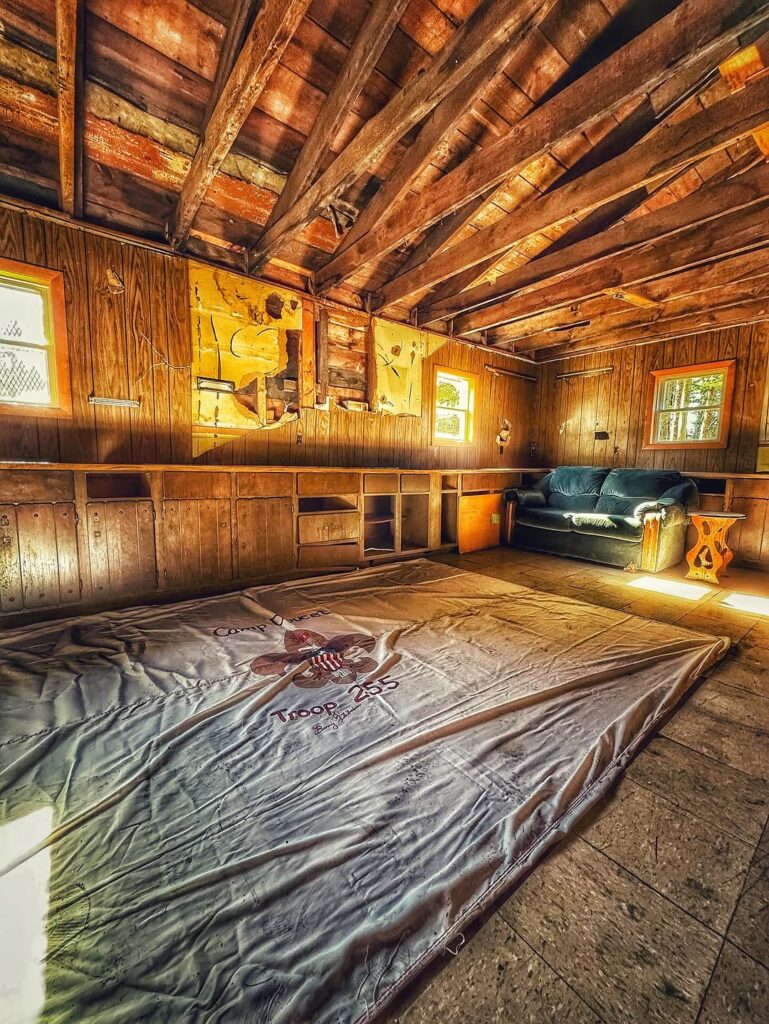
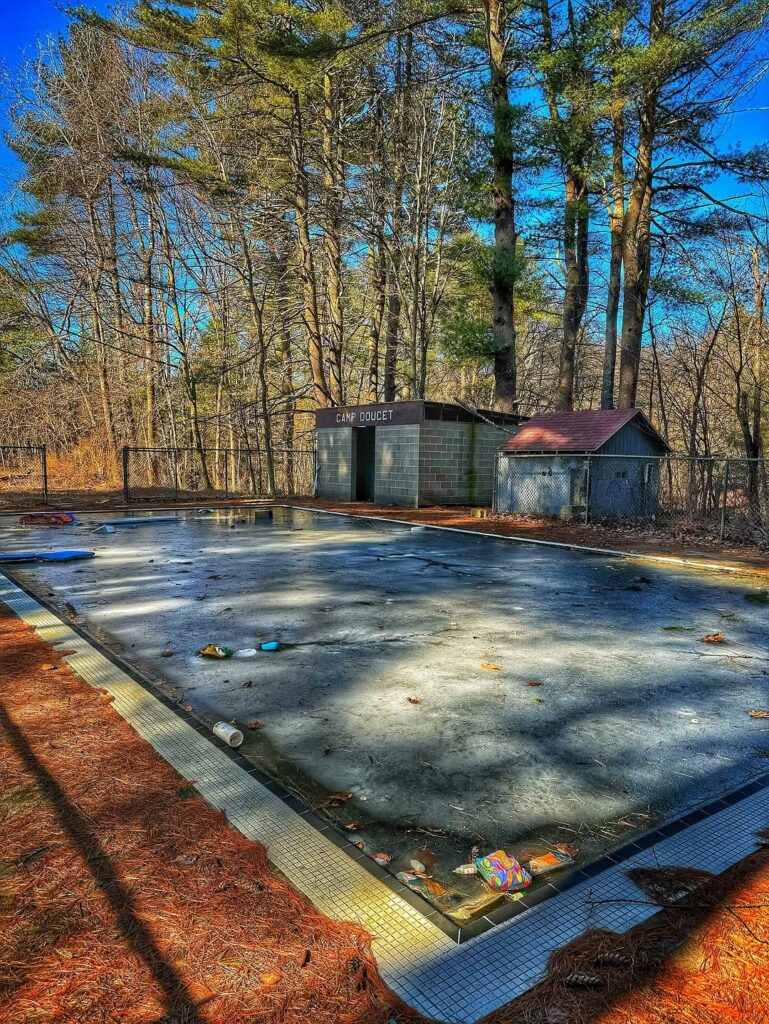
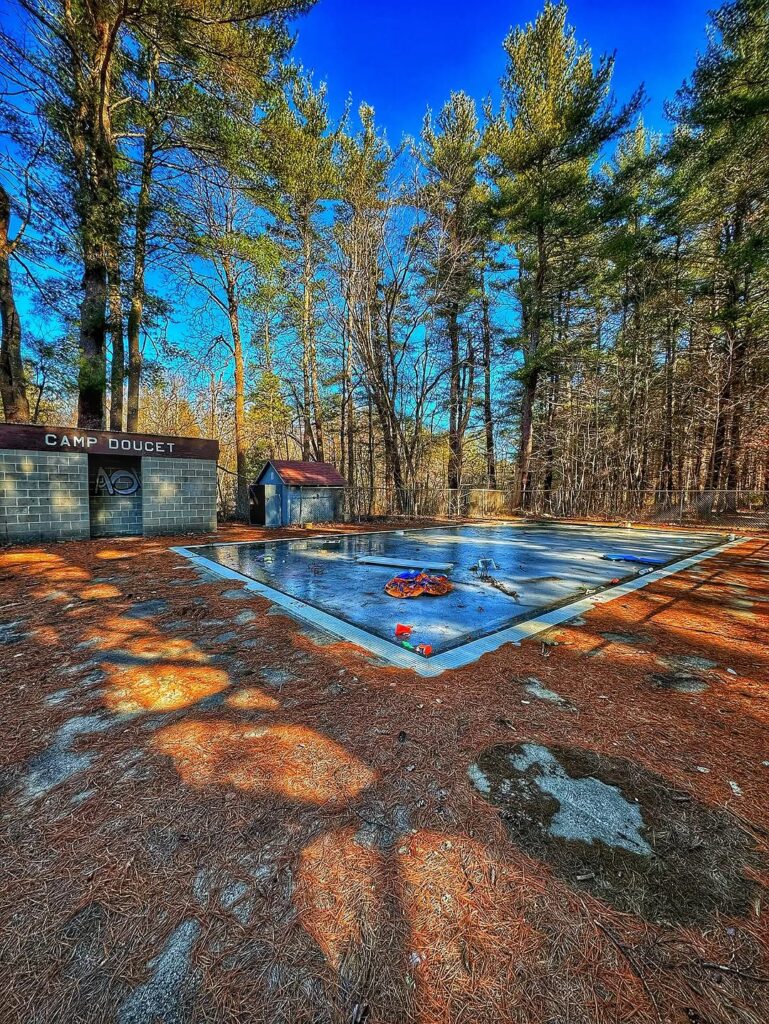
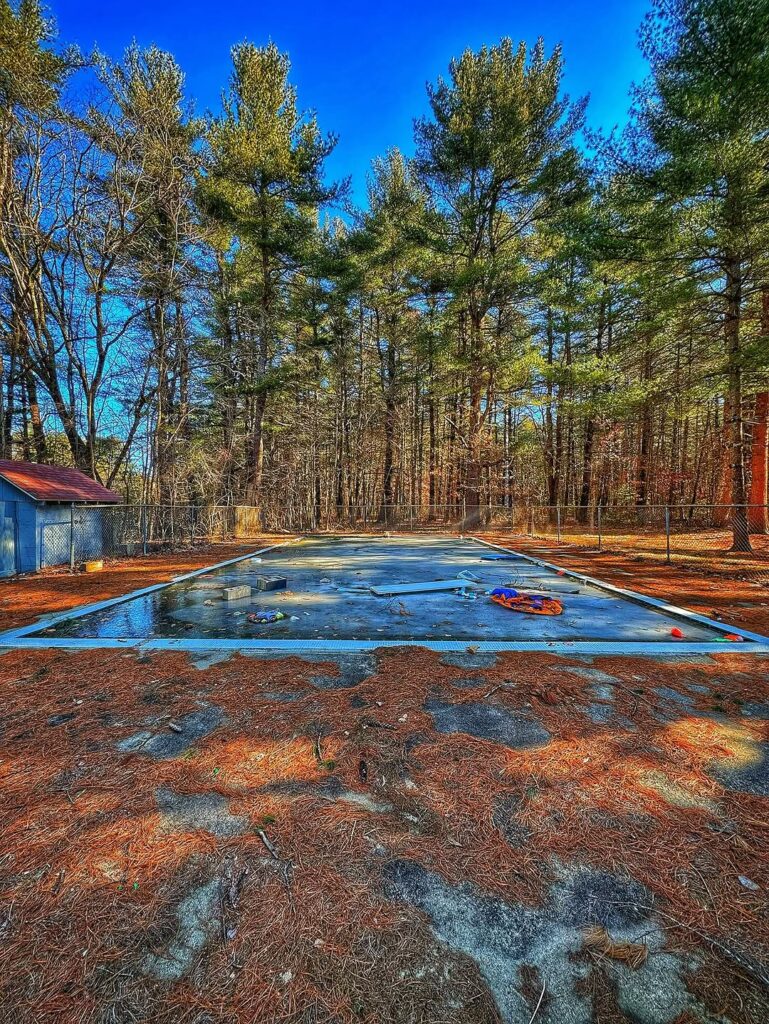
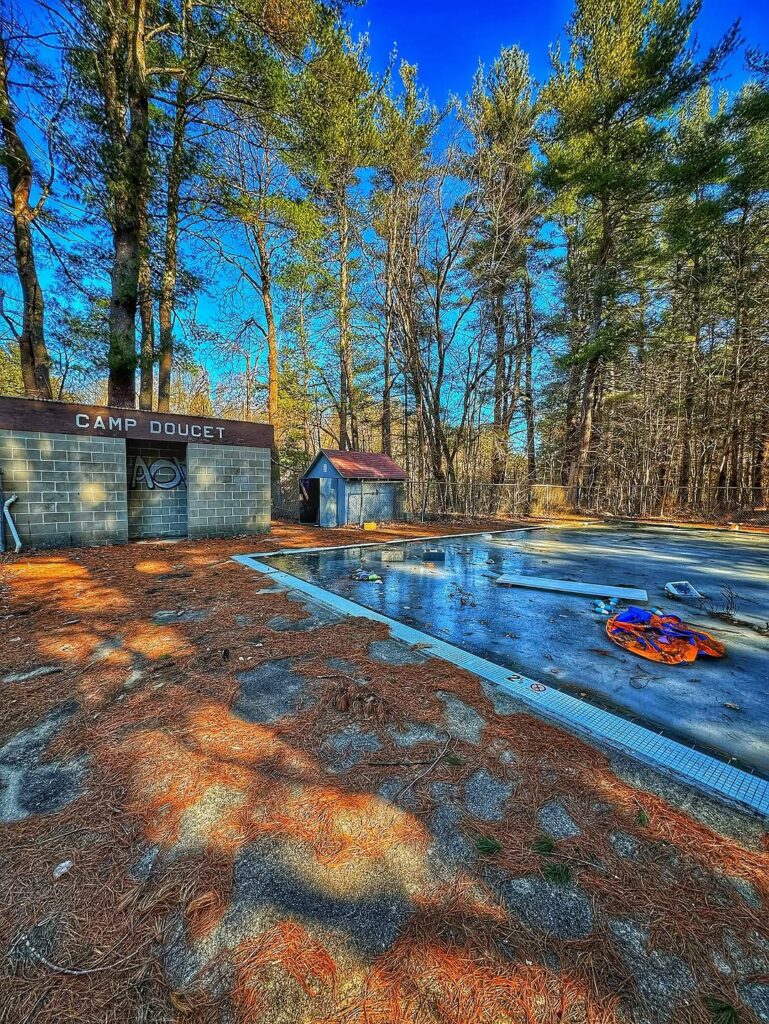
Summer camp had many-sided appeal. To the parents, they had a chance to send their kids to a formal setting so that they learn the necessary life skills. In the case of children, it represented becoming free out of their regular routines, meeting new people and becoming confident in not so formal frames. A lot of boys came back to the same camp every year and got strong attachment to campmates as well as counselors.
The camps also had many facilities at times including cabins to stay in, lakes to swim in, and organized fields to participate in sports. They did not concentrate on physical activities alone but also on emotional development, leadership and growth.
The Abandoned Boys Summer Camp: A Tale of Decline
Economic Struggles and Changing Interests
Similar to any other institution, the Boys Summer Camp that was at its zenith was beset by a mixture of economic issues, alteration in cultural trends, and evolution in how children spent their summers. Towards the end of the 20 th century, the camp started experiencing the heat of contemporary trends. Children got less curious to spend their summer outside following the introduction of video games and home entertainment systems, as well as the rise of other types of recreational activities. There was more local, more convenient such as day camps as parents were also attracted to these as well.
Meanwhile, the camp was experiencing increasing operation expenses. The costs of upkeep of facilities, salaries paid to counselors and outdoor equipments invested pose strain to the financial viability of the camp. The camp could not maintain the sky-rocketing demands of more modern facilities and accommodation needs of its customers. Consequently, the number of the enrollees started to become low and the camp was no longer economically viable.
The Decision to Close
By the late 1990s, the camp’s owners faced a difficult decision. The number of returning campers was significantly reduced, and the infrastructure was beginning to show signs of wear and tear. Despite efforts to rejuvenate the camp with new programs and activities, the financial burdens became too great. Eventually, the decision was made to close the Boys Summer Camp.
The closure was not immediate; the camp likely continued to operate on a smaller scale for some time. However, as the years went by, the camp’s operations dwindled, and the once-bustling retreat was abandoned. The buildings, once filled with laughter and the sounds of campfire songs, became silent and empty. Over time, nature began to reclaim the land. Trees grew through broken windows, and vines covered once-pristine cabins. The camp became a forgotten relic of its past, left to decay with the passage of time.
The Demolition of the Camp
In the early 2000s, the land that once housed the Boys Summer Camp was sold. With the new owners in place, the decision was made to demolish the remaining buildings. This decision was likely influenced by the rising costs of maintaining abandoned structures, along with a desire to repurpose the land for new development. The once-pristine cabins, campfire circles, and sports fields were reduced to rubble. The memories of thousands of campers were buried beneath piles of debris, leaving only traces of a once-thriving summer destination.
While the demolition of the camp may have seemed like the end of the story, the camp’s legacy lived on in the hearts and minds of the many boys who had experienced the joys of summer there.
The Lasting Legacy of the Abandoned Boys Summer Camp
Nostalgia and Fond Memories
Even though the camp is no longer standing, the memories of those who attended remain vivid. Many former campers look back on their time at the Boys Summer Camp with fondness, recalling the friendships they made, the lessons they learned, and the adventures they had. These experiences shaped who they became as adults, instilling values of teamwork, leadership, and outdoor appreciation that would stay with them throughout their lives.
For some, the camp represented a rite of passage, a place where they transitioned from boyhood to adolescence. Many of the activities, such as canoeing across the lake, hiking to a scenic overlook, or gathering around the campfire for storytelling, became defining moments in their personal histories. The camp was a safe, nurturing environment that allowed them to grow in ways that may not have been possible in other settings.
The Abandoned Camp as a Photography and Urban Exploration Site
Today, the abandoned site of the Boys Summer Camp has become a subject of interest for urban explorers and photographers. The once-vibrant campgrounds, now desolate and crumbling, offer a fascinating glimpse into the past. Urban explorers, who often seek out forgotten places like abandoned hospitals, factories, and amusement parks, have made the camp a destination for their adventures. They document the decay, taking photographs of the deteriorating cabins, rusting play equipment, and overgrown trails.
These photographs not only serve as a reminder of the camp’s once-thriving existence but also capture the beauty in decay. The juxtaposition of the camp’s faded glory and the natural forces reclaiming it creates a sense of melancholy and reverence for the past. For many people, these photographs evoke nostalgia and allow them to revisit their own memories of summer camp experiences.
Conclusion: Reflecting on the Abandoned Boys Summer Camp
The Boys Summer Camp which was once abandoned and destroyed might not be physical anymore but it holds a special place in the hearts of the ones who spent their growing up years there. The camp is a symbol of a lost moment in American childhood; going deep into nature in search of adventure and friendship, a friendship that only boys could enjoy.
Despite the fact that this camp does not exist anymore, there has been some continuity of its existence in the shape of the people who used to run down the field and swim in the lakes. The experiences the attendees got through the Boys Summer Camp are ingrained in the history of America and childhood.
Any time you should visit the woods or drive by a past camping ground, think about the history of a summer camp such as the Boys Summer Camp. These buildings are destroyed, but it is not only ruined buildings; here people got their memories, here people got their life.
When you have some memories of summer camp, you have to share them with other people and cherish the legacy. Regardless of being told through stories, through photographs, or by just plain nostalgia, the ghost of the summer camps will always be existing in the hearts of any person who had the experience of a summer camp.
